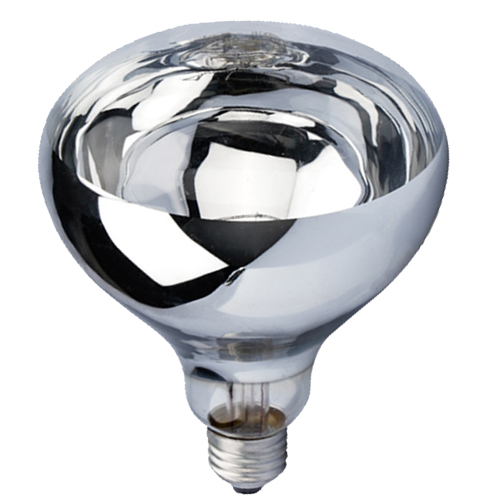In the modern world of agriculture, sustainability is no longer a luxury but a necessity. With the growing demand for eco-friendly practices, poultry farming is evolving to meet these challenges head-on. One of the most innovative and effective solutions to emerge is the use of infrared heating.
Reducing Carbon Footprint with Energy-Efficient Heat Bulbs
How Infrared Heating Supports Healthier and More Productive Poultry
Economic Benefits of Sustainable Heating Solutions for Poultry Farms
This technology not only reduces the carbon footprint but also promotes healthier and more productive poultry. Let's explore how energy-efficient heat bulbs from boyu: Heat Bulb manufacturer are transforming the poultry industry and why Heat Bulb wholesale purchases are becoming increasingly popular among farmers.
Reducing Carbon Footprint with Energy-Efficient Heat Bulbs
The environmental impact of traditional heating methods in poultry farming is significant. Conventional heating systems often rely on fossil fuels, contributing to greenhouse gas emissions and global warming. In contrast, infrared heating bulbs offer a sustainable alternative. These bulbs use infrared radiation to produce heat, which is absorbed directly by the birds and their surroundings. This method is highly efficient, reducing energy consumption and lowering greenhouse gas emissions. Infrared heat bulbs operate at a lower wattage compared to traditional heaters, yet they provide the same level of warmth. This efficiency translates into substantial energy savings for poultry farmers. By switching to energy-efficient heat bulbs, farmers can significantly reduce their carbon footprint, contributing to a more sustainable future for the agricultural industry.
How Infrared Heating Supports Healthier and More Productive Poultry
Infrared heating not only benefits the environment but also supports the health and productivity of poultry. Traditional heating methods often lead to uneven temperature distribution, causing stress and discomfort among the birds. Infrared heat bulbs, on the other hand, provide consistent and uniform warmth, ensuring that all birds receive the optimal amount of heat. This even distribution of heat helps maintain a stable and comfortable environment, crucial for the well-being of poultry. Birds are less likely to experience stress-related issues, such as decreased immunity and reduced growth rates. Additionally, infrared heating promotes better circulation and respiratory health, further enhancing the overall health of the flock. Healthier birds are more productive, leading to higher egg production and better meat quality. Farmers who invest in infrared heating systems can expect to see an improvement in their flock's performance, making it a worthwhile investment for long-term success.
Economic Benefits of Sustainable Heating Solutions for Poultry Farms
While the initial cost of installing infrared heating systems may be higher than traditional methods, the long-term economic benefits are substantial. Energy-efficient heat bulbs have a longer lifespan and require less maintenance, reducing operational costs for farmers. The energy savings alone can offset the initial investment, making infrared heating a cost-effective solution for poultry farms. Furthermore, sustainable practices are increasingly being rewarded through government incentives and subsidies. Farmers who adopt eco-friendly technologies like infrared heating can benefit from financial support, further enhancing the economic viability of their operations. Purchasing heat bulbs wholesale is another way to maximize cost savings. Wholesale prices are typically lower, allowing farmers to invest in high-quality infrared bulbs without breaking the bank. By buying in bulk, farmers can also ensure a steady supply of heat bulbs, minimizing downtime and ensuring continuous operation of their heating systems.
In conclusion, the role of infrared heating in sustainable poultry farming cannot be overstated. From reducing carbon footprints to promoting healthier and more productive poultry, the benefits are clear. By investing in energy-efficient heat bulbs and purchasing them wholesale, farmers can achieve significant economic savings while contributing to a more sustainable future. The shift towards sustainable heating solutions is not just a trend but a necessary step towards a greener and more efficient agricultural industry. For farmers looking to make the switch, it's essential to consider the long-term benefits and the positive impact on both the environment and their poultry. With the right approach, sustainable poultry farming can be both profitable and environmentally friendly, paving the way for a brighter future in agriculture.

Comments
Post a Comment